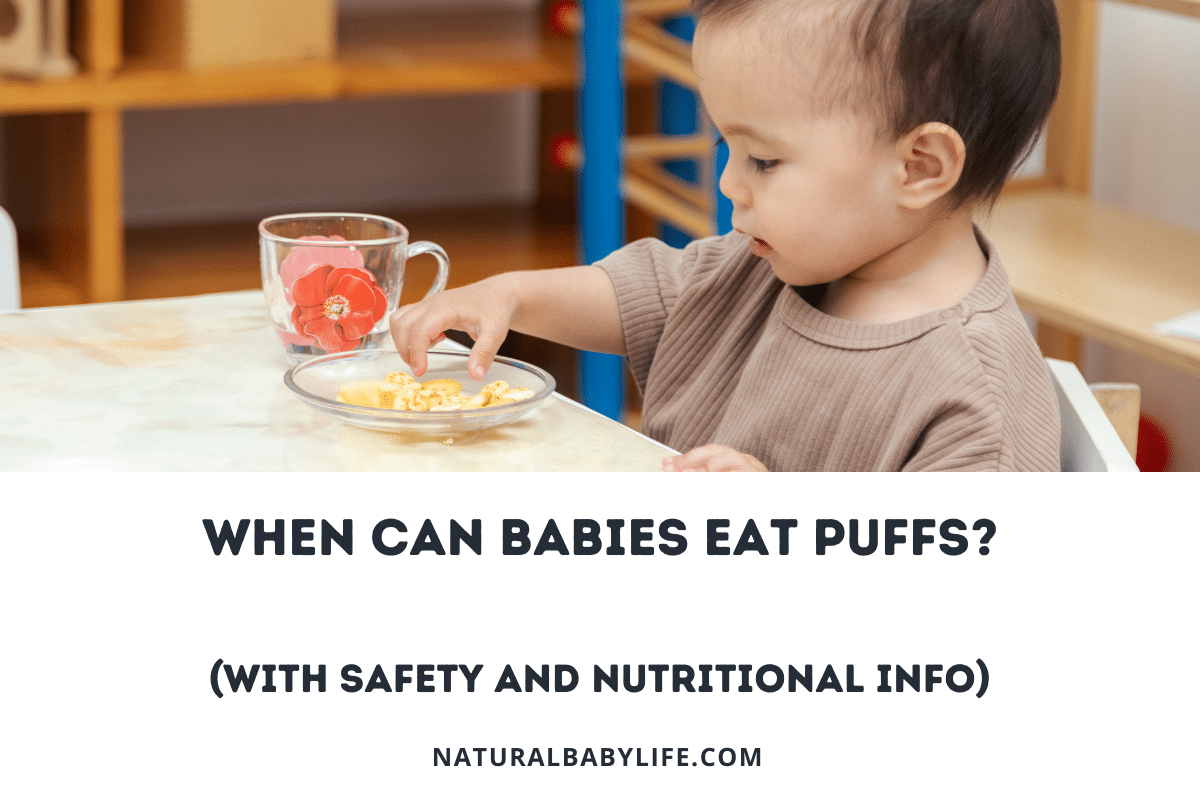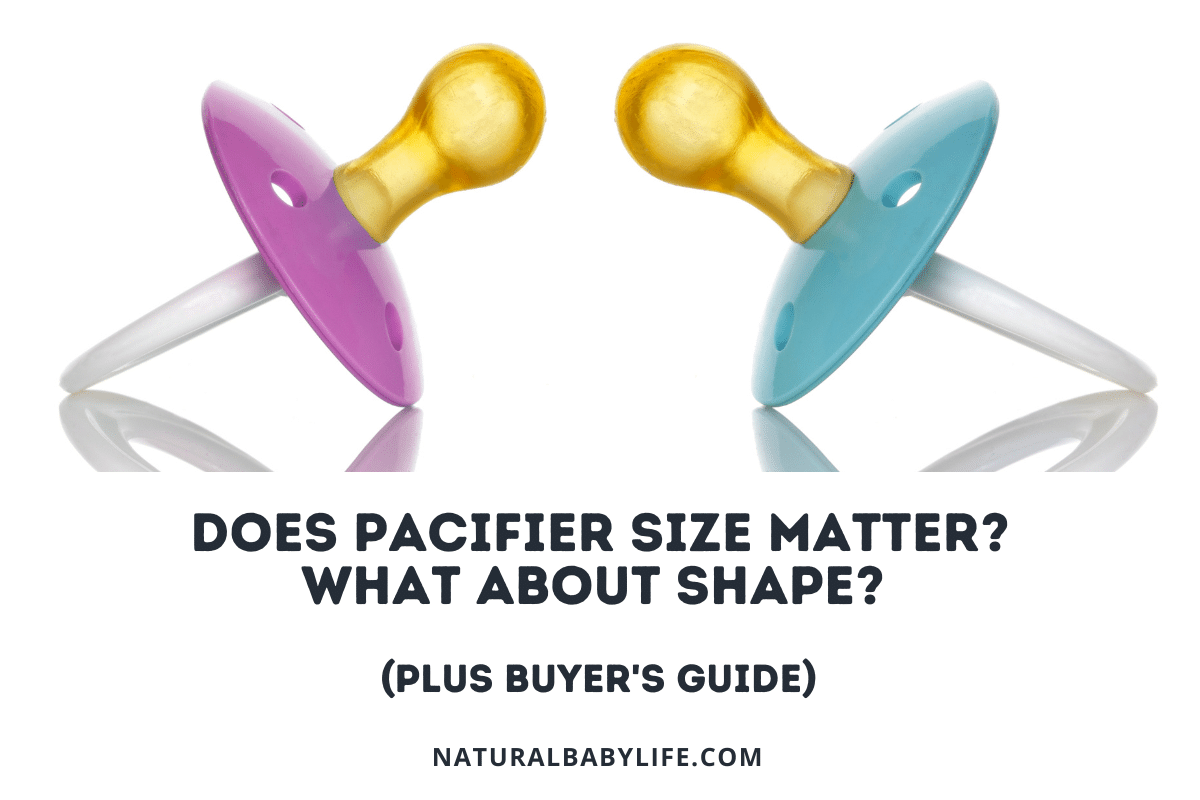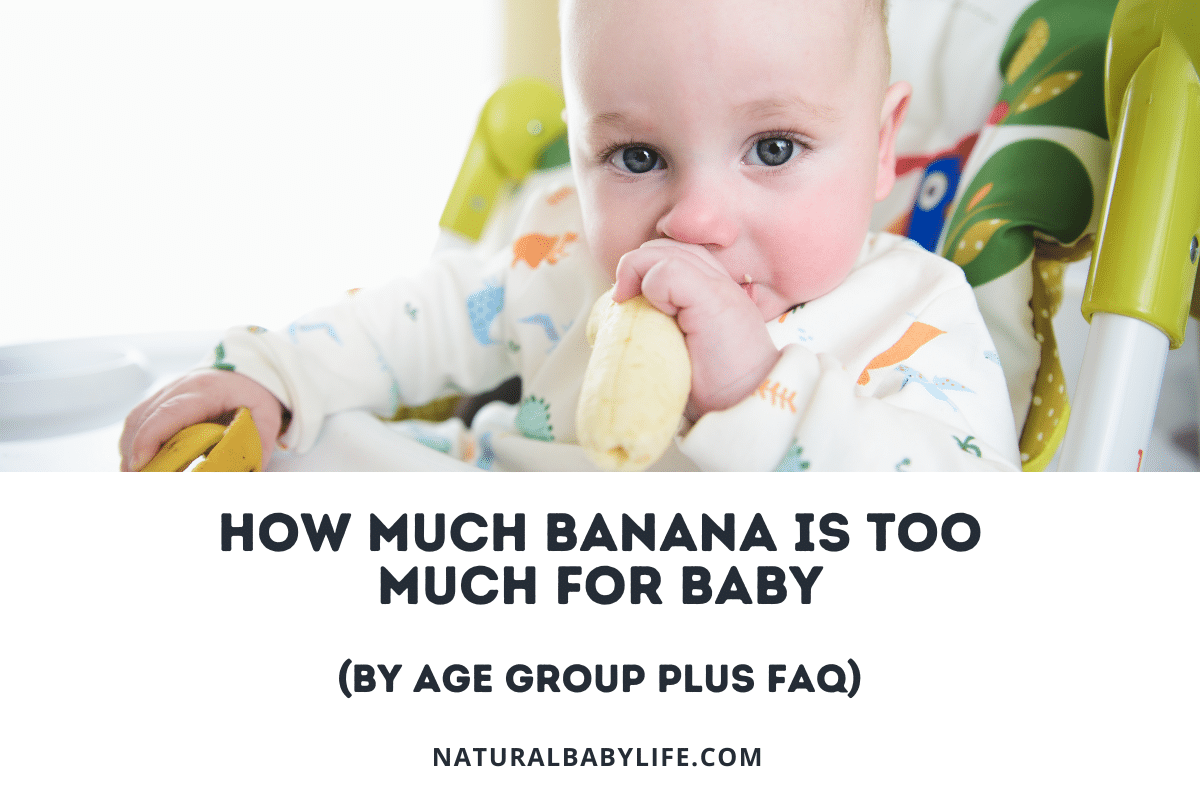New parents tend to learn very quickly that bringing babies into their lives adds a level of anxiety that they never knew existed. This new anxiety is quickly heightened as babies grow and new parents begin to compare their babies to other babies around them.
Parents that think their baby is too skinny, thin, or lean need to figure out if their baby is really underfed or just genetically lean before they worry about bringing their weight up higher. There are many signs and symptoms shown by an underfed baby and a pediatrician should help make the final judgment and help create a feeding plan, if necessary.
It is always scary when you have a newborn at home, whether it is your first or fourth, because there are so many things you have to think about when caring for your baby. Let’s dive into what you should be thinking about if you have a skinny baby, when to worry, and when to talk to a doctor.
Table of Contents
My baby is very skinny – what should I do?
Just like adults, every baby will be a little different when it comes to weight gain, body fat, and other aspects of their body. When babies look lean or skinny, however, it can make many parents feel like their baby isn’t thriving or that they must not be getting enough to eat.
The problem with that thinking is that research shows that what we refer to as a “healthy” baby might actually be a sign of a health problem. Chunky babies are not necessarily healthy, and leaner babies are not necessarily underfed or unhealthy. There are many signs you can look for in your child to determine his/her state of health. This is not always a simple process, so keep reading to learn more about determining the health of your child.
If you think that your baby is too skinny, there are several factors that you can consider to help you determine your next steps. The most important factor is to determine whether your baby is simply genetically lean, or if your baby is actually underfed or malnourished in some way.
It is important to note that the popular notion that chunky babies are healthy babies is a myth that has been debunked by scientists. In fact, according to WebMD, larger babies have more trouble developmentally than smaller babies and larger babies are more prone to obesity in adulthood. Even though it is tempting to compare your baby to other babies his/her age, it is a common occurrence for us to have a skewed point of view on a babies’ health in relation to relative sociological factors.
The most important factor in determining whether your baby is simply genetically lean or is underfed is paying attention to his or her feeding habits and behavior around feeding time. Read each section below to find more advice about how to determine whether or not your baby is genetically lean.
What is a genetically lean baby?
Genetically lean babies are babies who, when their weight is compared to their height, fall significantly below the average weight to height ratio. However, medical professionals believe that this can be caused by many underlying factors. For a genetically lean baby, the theory is that the baby has inherited the “lean gene” from his or her mother who was considered a thin baby, child, and likely a thin adult.
Babies who are genetically lean, according to Baby Care Advice, will still indicate that they desire regular, routine meals by crying or showing other signs of hunger. These babies will appear satisfied after eating, and will turn away from an offer of more food. Genetically lean babies are social and hit developmental milestones as expected. Further, genetically lean babies will have plenty of wet and dirty diapers.
Put simply, genetically lean babies will appear as happy, healthy, developmentally appropriate babies despite their lean appearance.
Think back (or even look back!) to pictures of yourself and your partner when you were children. Were you leaner than ‘normal’ or were you a little chunkier? Ask your parents about it and see what they say.
As always, talk to your doctor anytime you think that your baby might be too skinny or lean for their age. Since there are so many appointments early on to check for proper growth and development, you should have many opportunities to discuss it with your pediatrician.
What is an underfed baby?
An underfed baby, on the other hand, is a neurologically healthy baby who is not getting the appropriate number of calories from his/her feedings. There are various levels of an underfed baby and numerous concerns can occur for underfed babies.
Generally, underfeeding is accidental and results when a baby is struggling to breastfeed or the mother’s milk doesn’t come in quickly enough to fully satisfy the baby. While slight underfeeding over time can simply lead to less weight gain, underfeeding at the newborn and infant stages can also result in dehydration and other serious issues.
How do you know if your baby is underfed?
An underfed baby is not going to present as a content and happy baby in between feedings. If your baby is often fussy, then this could be a sign that his/her health deserves more investigation.
That said, crying is not always a sign of hunger. Babies can cry for a myriad of reasons from a bellyache, to a lack of sleep, to feeling too cold or too warm. Your job as the parent is to investigate exactly what it is your child is telling you with his/her cries.
Generally, any of these signs could be an indication that your baby is being underfed. Check to see if your baby:
- Isn’t gaining weight (or isn’t back to her delivery weight by 2 weeks)
- Has short nursing sessions (less than 10 minutes 7 to 9 times per day)
- Few or no wet and dirty diapers
- Dry eyes, skin, and mouth
- Yellow skin or eye (jaundice)
- Tired constantly with little movement
- Shows signs of being hungry after feeding (finger sucking and rooting)
Any of these signs should prompt a call to your pediatrician immediately!
Seriously, don’t wait to call someone if you are noticing these problems.
Signs your baby is starving or malnourished
A baby who is malnourished is simply an underfed baby who has more severe symptoms. Babies who are malnourished are unlikely to stay awake for an entire feeding, and they are not likely to initiate interest in feeding in the first place. They will not cry or alert when it is time to eat.
Babies who are malnourished often have a weak suck, meaning they struggle with feeding from either a bottle or the breast. Further, they have to be aroused from sleep for feedings because they sleep for prolonged periods of time.
If your baby is starving, you should have seen some of the signs from the previous section already and acted on them.
These symptoms are serious and should be discussed with your child’s primary care physician immediately if you feel that your child is starving or malnourished.
Signs your baby is dehydrated
My children have all three been hospitalized at one point or another for various illnesses, and while I hated to see them in the Pediatrics Unit, I did learn my favorite trick for determining whether they are staying hydrated: watching for wet diapers.
A baby who is dehydrated will not produce a normal amount of wet (and dirty) diapers and a lack of these diapers can be a tell-tale sign that something is not right. A baby should have one or two wet diapers during their first few days of life. By day 5, you should see about 6 or more wet diapers per day. From that point, things will start to stabilize until they get a little older and you may have fewer wet diapers each day.
Here are other signs that dehydration could be an issue:
- Lethargy (hard to wake or less active)
- Pale skin
- Dry skin, mouth, and eyes
- Respiratory distress (heavy breathing, nose flaring)
- Sunken soft spot on the top of the head
If you think your child is dehydrated because you have noticed any of these signs or symptoms, then it is time to seek medical help immediately.
My wife and I actually had a major scare when my son was two days old related to underfeeding and dehydration. It was our first night at home after we left the hospital and my wife was worried because he wasn’t nursing well and she hadn’t gotten much milk to come in. He seemed to be a little pale and his soft spot looked low. He also hadn’t had a wet diaper in many hours.
At that point, we freaked out and I drove to CVS in the middle of the night and bought some formula. Even though we had made the decision to breastfeed, at that moment the right choice was to supplement with formula so that our son could get some needed hydration at that moment. When we brought him to the pediatrician the next day, she said that we had made the right decision.
Obviously, everyone’s situation is different, but I just want to point out that a baby becoming dehydrated is much more common than you might think, especially for breastfed babies.
Are underfed breastfed babies more common?
According to the CDC, the very best source of nutrition for babies is breastfeeding. However, breastfeeding can cause a mother to worry that her baby is being accidentally underfed. Is there any truth to the popular perception that breastfed babies are more likely to be underfed?
According to Dr. Christie del-Castillo-Hegyi, founder of the Fed Is Best Organization, 22% of mothers have been found to have a delay in copious milk production. That means there is a lag from the time of birth to when enough milk “comes in” to completely support her baby’s needs.
Essentially, breastfed mothers do not have the luxury of measuring how much milk their baby is getting during each feeding. There is no definitive way for a breastfeeding mother to ensure that her baby is getting enough milk beyond watching for the signs mentioned in this article and regular growth checks at her baby’s pediatrician.
While breastfed babies are at a higher risk for developing symptoms of being overfed, experts say that simply watching your baby for signs can keep them from serious, lasting injury.
How to tell if baby is still hungry after breastfeeding
Babies use nonverbal communication to let their parents know if they are still hungry or if they are full. Babies who turn their heads toward the breast or a bottle may still be hungry. A clenched fist is another sign of hunger from birth to 6 months old. They might also suck on their fingers or root more frequently.
After 6 months of age, babies’ nonverbal communication gets a bit easier to understand and more specific to the problem they are having. In this case, your baby may start to point at food, or pull on your shirt when he or she wants to eat.
What is failure to thrive in babies?
Failure to thrive is defined as simply having slow physical development caused by inadequate intake of breastmilk or formula. Stanford Children’s Hospital elaborates that Failure to Thrive must be diagnosed by a healthcare provider and can stem from a failure to eat, trouble latching, lack of solid food at the appropriate age, and repeated vomiting (such as from acid reflux).
The symptoms of failure to thrive are similar to that of an underfed baby and include copious amounts of sleep, lethargy, and failure to indicate hunger.
How to fatten up a skinny baby
A baby’s diet, as mentioned before, should consist mostly of fat. In fact, according to Parents Magazine, the calories that babies consume in breastmilk and formula come from about half fat content.
Before a baby begins to experiment with solid foods, maintaining an eating schedule can help a baby to gain weight according to the experts. Offer your baby a feeding every 2-4 hours from newborn- four months and every 3-6 hours from 4 months to one year of age.
Of course, experts agree that you should listen to your baby’s non-verbal communication. If he/she closes his/her mouth, or turns his/her head away from the bottle or breast then your baby is likely satisfied. Overfeeding is not the solution to helping your baby gain weight.
Once your baby begins to eat solid foods, consider offering foods that are high in fat to encourage growth. Milk, cheese, hummus, and yogurt, are all great options for encouraging weight gain in infants. If your pediatrician agrees that your baby is underweight, they can help you come up with a plan to help improve their weight.










